Questions
By Leandra Merea Strope, Music Specialist
 (I’m new here.) Again and again, it happens — a student comes to me with a question, and then as I’m standing there trying to give her an answer, she turns and dreamily walks away, usually to the water fountain, completely oblivious to my attempt to address her concern.
(I’m new here.) Again and again, it happens — a student comes to me with a question, and then as I’m standing there trying to give her an answer, she turns and dreamily walks away, usually to the water fountain, completely oblivious to my attempt to address her concern.At first, I was confounded by this seeming inattention. But as I’ve come to know the kids and the community, I have realized that these kids are not used to other people answering all their questions for them. Much of the time the students don’t want my answers. They’re enjoying pondering the questions, turning the questions over in their heads, looking from all sides. The practice of asking the teacher the questions — “how do I …?” or “Why …?” or “What does it mean?” — is often more of a way for the students to clarify their own questions than a true need for help. They’ve got this. When they are ready, they’ll come up with their own answers, and those answers will be sturdy, backed by observation, experience, thought, personal insight, and community deliberation. And the answers they discover will lead to more and deeper questions.
Questions are at the heart of this learning community. There is a deep trust here in the power of the individual’s search for meaning, knowledge, and solutions to problems — the trust of children, the trust of adults. And there is a strong community web that feeds each individual’s journey and that benefits from the insights of each person. This community, this web, is the work of the dedicated individuals that make it up — students, teachers, staff, administrators, parents and families, board members, neighbors, supporters — each role needed, each person’s work felt by the others, all engaged in and committed to life-long and community-wide questioning and discovery.
